“It seems that the time-out plan is a suitable proposal for resolving the current impasse,” Ziba-Kalam told the Mehr News Agency.
He added by accepting the proposal Iran can meet its long-term interests.
On Friday, diplomats said the time-out plan has been drafted by Britain on behalf of the United States, the three European nations, China and Russia and has been submitted to Tehran through EU nuclear chief Javier Solana.
The plan suggests Iran to stop its uranium enrichment expansion in return for a halt to further UN sanctions.
Foreign Ministry Spokesman Mohammad-Ali Hosseini said on Sunday that Iran will study the “time-out” proposal if necessary.
International affairs expert, Mohamad-Mahdi Mazaheri, argues that Iran’s bargaining chip in negotiations with the West has been an insistence on nuclear rights and a refusal to suspend uranium enrichment activities; however, he said, if Iran gives in to suspension it means that Tehran is “disarming” itself in the talks.
Political analyst Mohammad-Ali Ramin stated that the Islamic Republic should decisively continue its nuclear activities and should not accept any “implied or overt preconditions for negotiations.”
The West is seeking to halt Iran’s peaceful nuclear activities through its recent proposal and it is not acceptable, he added.
RMN/MS
END
MNA


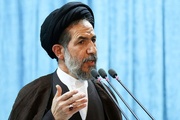

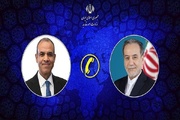



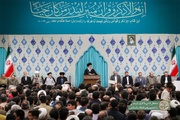
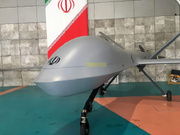

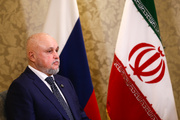











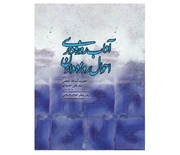

Your Comment